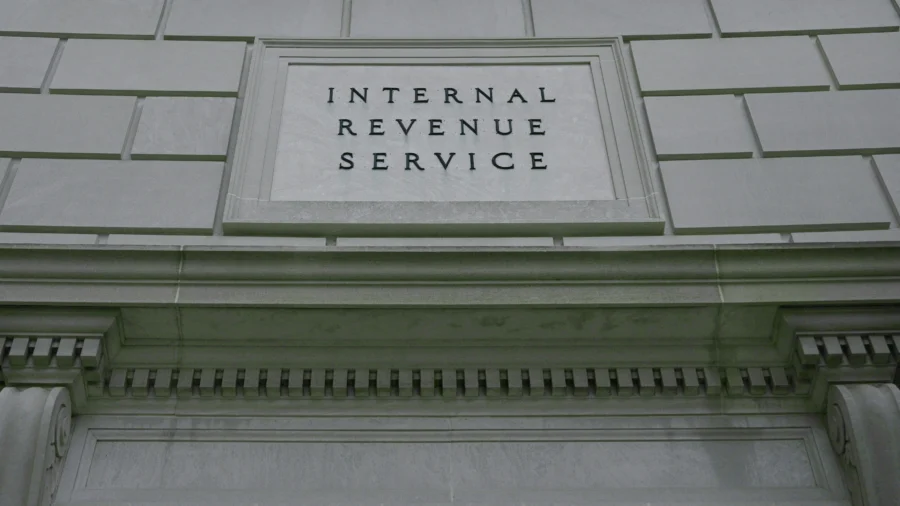Americans from two dozen states and two territories who were granted filing extensions for their 2023 returns amid disasters have to submit them in the coming months, according to a reminder from the Internal Revenue Service (IRS).
Those taxpayers include individuals and businesses affected by disasters that occurred from late spring to the end of 2024, the IRS said.
All taxpayers in Louisiana, Vermont, Puerto Rico, and the Virgin Islands as well as parts of Arizona, Connecticut, Illinois, Kentucky, Minnesota, Missouri, Montana, New York, Pennsylvania, South Dakota, Texas, and Washington State have time until Feb. 3 to file the 2023 returns.
Meanwhile, citizens in Alabama, Florida, Georgia, North Carolina, and South Carolina, and parts of Alaska, New Mexico, Tennessee, Virginia, and West Virginia have time until May 1, which is also their deadline to file the 2024 taxes, and pay off any dues.
For extension filers, 2023 return payments are ineligible for any additional time as these were originally due last spring prior to the disasters.
In case of failure to file the returns on time, the IRS charges 5 percent of the unpaid taxes per month until the taxpayer makes the filing, with the maximum penalty set at 25 percent.
For failure to make tax payment by due dates, a penalty of 0.5 percent of unpaid taxes is imposed monthly, with the limit set at 25 percent.
“As long as their address of record is in a disaster-area locality, individual and business taxpayers automatically get the extra time, without having to ask for it,” the agency said in a Jan. 3 statement.
In addition to disasters, the IRS is also providing special relief for those victimized by terror attacks in Israel.
“Taxpayers who live or have a business in Israel, Gaza, or the West Bank, and certain other taxpayers affected by the terrorist attacks in the State of Israel have until Sept. 30, 2025, to file and pay. This includes all 2023 and 2024 returns,” it said.
Recent Disaster Relief, 2025 Filing Season
The IRS reminder comes as the agency announced multiple tax relief measures over the past months aimed at victims of disasters.
On Nov. 13, IRS extended various tax filing and payment deadlines for taxpayers in Chaves County, New Mexico, to May 1 after the region suffered severe storms and flooding. The extension applies to tax deadlines falling on or after Oct. 19 and before May 1.
Earlier in late October, the agency postponed various tax deadlines in Alaska to May 1 for those impacted by flooding in the City and Borough of Juneau.
According to the IRS, disaster relief is also available to taxpayers whose tax preparers were located in a federally declared disaster area.
The IRS recently asked people to prepare for the upcoming tax filing season, encouraging them to take key steps like applying for an IP PIN and opening an online account with the agency. It also reminded taxpayers that the due date for the September–December quarter estimated tax payment is set on Jan. 15.
For fiscal year 2024, the agency collected $5.1 trillion in tax revenues, which was around $400 billion higher than what it collected in the previous fiscal year.
Meanwhile, Sens. Mark Warner (D-Va.) and Bill Cassidy (R-La.) introduced legislation in October 2024 to improve the tax agency’s customer service.
The bill, Improving IRS Customer Service Act, would have required the IRS to establish a dashboard that informs taxpayers about backlogs and wait times. It seeks to expand callback technology at the tax agency, according to an Oct. 3 statement.
Cassidy said “it should be easy for taxpayers to get the information they need from the IRS. Not every interaction with them has to be miserable.”
It is unclear if the senators plan to reintroduce the bill into the new Congress.
From The Epoch Times

